Native Teacher vs a Teacher Who has Studied Long Term
As a learner myself, I have found myself asking what is the difference between a native teacher and a teacher who has studied long term. As a native English teacher myself, I am a bit bias towards the native teacher experience, but I have been told that having a non-native teacher can offer a completely different perspective as well.
Through my journey with My Open Passport Language School, I have come to realize there are pros and cons (like anything) with native teachers as well as non-native teachers.
Native Teachers
Native teachers are teachers who were raised from either birth or a super young age (2 or 3 years old) in a country that speaks that language. They have never taken a language class to learn the language and maybe when they got their language teaching certification was the first time they actually LEARNED the grammar of their native tongue.
They are beneficial as a teacher, but there are also some cons.
Pros of a Native Teacher
Grew up with it, the language is instinctual
Because they grew up with the language, the language is instinctual. You know that they will tell you the language that is actually used and not what is said in books. They have also grown with the language so if the language has changed over the years (expressions or slang) they can also tell you about the history of the language within their lifetime.
Has a great accent
As native speakers, they have no accent besides their native accent (American accent vs British accent / Spanish accent vs Mexican accent). So, you know you will be learning the correct pronunciation – no doubt.
Can give re-world examples (professional setting)
Most likely, these native teachers have worked in other settings, not just teaching English, Spanish, or whatever language you are learning. So they can give you more real world examples.
Non-natives might have studied their whole lives in university and have never worked in the real world within this language so they might have an understanding of the professional setting or dealing with customers.
Cons of a Native Teacher
Might not know the language rules as well as the teacher who has studied
Because native teachers have never taken a language class for their language and they know it instinctively, they might not know the actual grammar rules.
Good teachers should study and make sure they understand the rules before teaching their students, but sometimes native teachers just rely on their own “native-ness.”
At My Open Passport Language School, we ensure that all our teachers have years of experience as well as the proper training and certification.
Can speak incorrectly (slang, says grammar wrong)
Since native teachers speak their language normally with friends and family, they might instinctively speak incorrectly in terms of slang or other grammar mistakes.
For example, in English, natives are now saying “I’m gonna” rather than “I am going to.”
As a student, hearing these mistakes can confuse you and lead you to make the same mistakes.
Might not understand the struggle of learning a language
Further, native speaking teachers might not have studied another language ever. So they woudn’t understand the struggle of learning a second or third language.
At My Open Passport Language School, we make sure that teachers have studied another language or have spent time around other languages so they can be more supportive to their teachers.
Teachers who have studied long term
Teachers who have studied long term are not natives. They might have spent many years in a country that speak that language, but they were not born nor raised in it. For example, moving to Canada from Colombia when they were 20 (and they are now 40).
Just like native teachers, there are a lot of pros and cons with these types of teachers as well.
Pros of teachers who have studied long term
Have studied the language deeply
These teachers have studied the language in-depth. There is no question that what they are teaching you is correct. Some have spent most of their lives studying as well as living abroad in countries that speak that language.
Has learned it, knows the struggles/understands
Because they have learned the language, they understand the struggles of learning it. They also know the common mistakes and tricks to achieve.
Usually has lived abroad / traveled
As mentioned, these teachers normally have lived abroad or have traveled often in order to use their language in different contexts.
They know what is needed to succeed even though the process is different for everyone, they can share their own process!
Cons of a teacher who is not native
Might have an accent
Sometimes these teachers have an accent. Some have a thicker accent than others. For example, if they are teaching English, they might have a small accent of their Mexican accent.
Here at My Open Passport Language School, our teachers are interviewed to make sure their accents are very minimal to ensure students have the best learning opportunity!
It won’t be instinctual
Because they didn’t grow up with the language, it won’t be so instinctual for them. However, this means that in order to teach the language they actually need to know the grammar rules, so you can rest assured you are learning correctly!
Might not know all the real-world examples / slang
Since a lot of their training has been more academic, non-native teachers might not have real world examples and slang to provide their students. It is often hard studying these things if you haven’t experienced it yourself.
Ready to Start?
Enjoy a free 30 minute discovery class today with one of our teachers! Try a native teacher or a teacher who has studied for many years!
Send us an email – we look forward to helping you achieve your language goals!



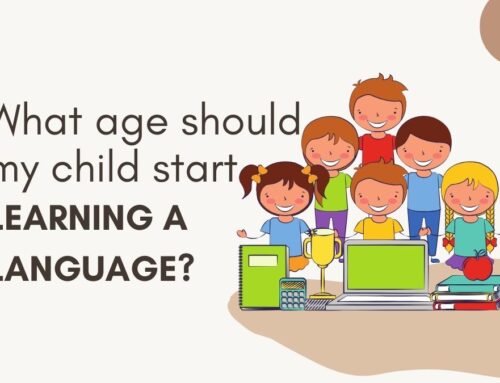
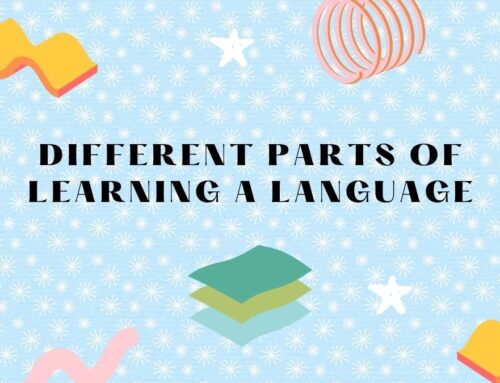





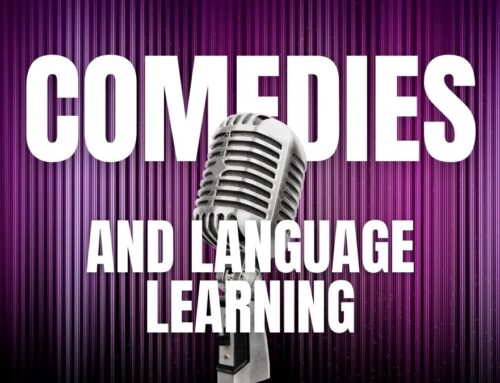

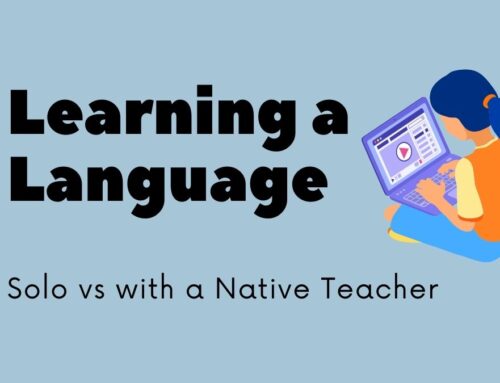

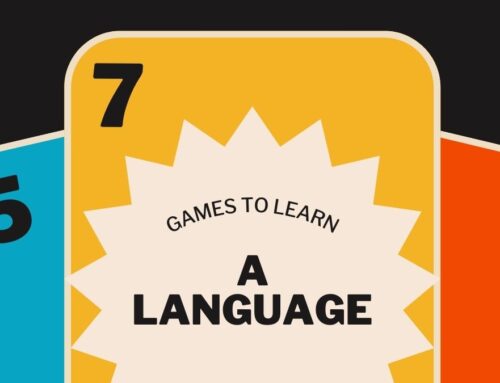



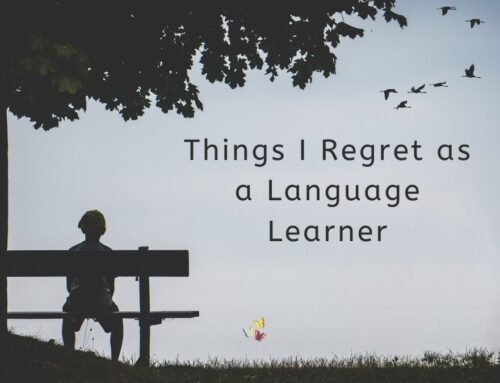




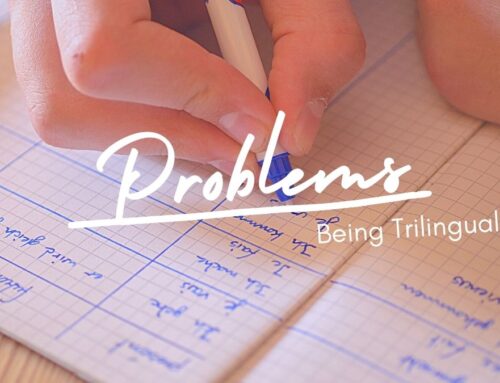

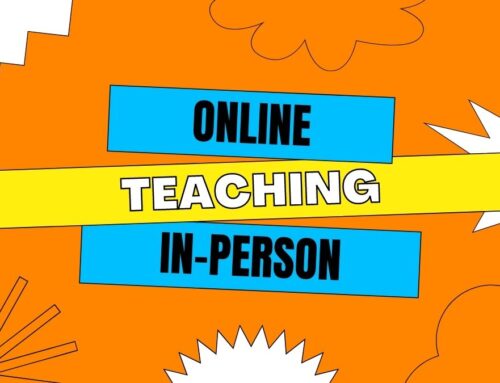








Leave A Comment